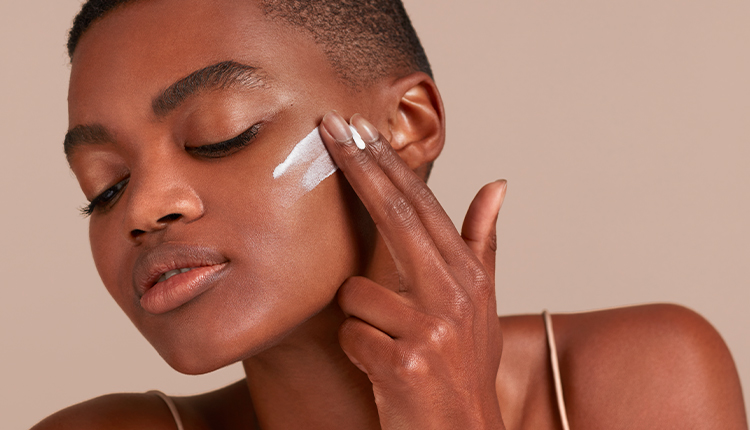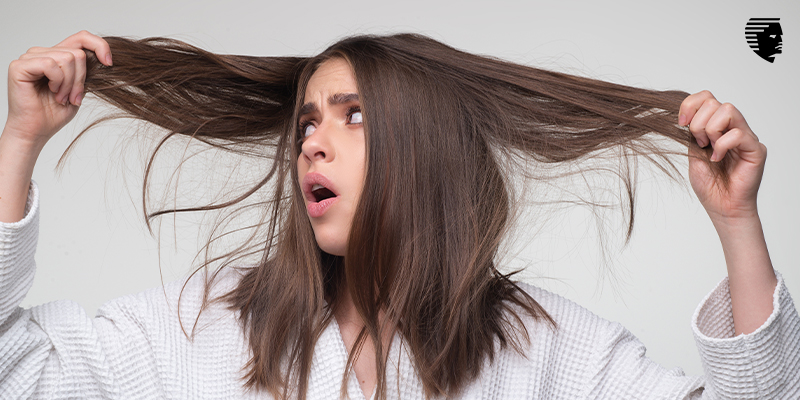Sunscreen: A Monsoon Must-Have for Skin Protection

As the monsoon season arrives, people often believe that the overcast skies and intermittent showers mean they can skip the sunscreen. However, this misconception can lead to serious consequences for the skin. Even during the rainy season, the sun’s harmful UV rays can penetrate through clouds and cause damage to our skin. In this blog, we’ll explore the importance of sunscreen during monsoons and why it remains a necessary skincare essential.
- UV Rays and Cloud Cover:
Many people believe that clouds act as a shield against UV rays, making sunscreen unnecessary during monsoons. However, the truth is that cloud cover only slightly reduces the intensity of UVB rays, but UVA rays, which cause long-term skin damage and premature aging, can penetrate through clouds almost undiminished. Therefore, even on cloudy days, UV protection is crucial to safeguard our skin.
- The Myth of Rainwater Protection:
Some individuals assume that the rainwater itself acts as a protective layer against UV rays. While rainwater can scatter UVB rays to some extent, it does not provide sufficient protection from UVA rays. Moreover, rainwater can also reflect UV radiation from surfaces like puddles, increasing the risk of exposure.
- UV Reflection from Surfaces:
During monsoons, surfaces like water bodies, wet roads, and concrete can reflect UV rays, intensifying their impact on the skin. This means that even if you’re indoors or under a shelter, you may still be exposed to indirect UV radiation, making sunscreen necessary throughout the day.
- Harmful Effects of UV Radiation:
UV rays can cause various skin issues, including sunburn, premature aging, dark spots, and an increased risk of skin cancer. Prolonged exposure to UV radiation weakens the skin’s collagen and elastin fibers, leading to sagging and wrinkles. Sunscreen acts as a protective barrier, shielding the skin from these harmful effects.
- Importance of Broad-Spectrum Sunscreen:
Choosing the right sunscreen is vital for complete protection. Opt for a broad-spectrum sunscreen that shields your skin from both UVA and UVB rays. Look for an SPF (Sun Protection Factor) of at least 30 or higher, as this will offer adequate protection against UVB rays.
- Reapplication is Key:
During monsoons, the constant exposure to rain and sweat can reduce the effectiveness of sunscreen. Hence, it is essential to reapply it every two hours, especially if you’re spending time outdoors. Waterproof or water-resistant sunscreens are particularly helpful during this season.


- Preventing Skin Discoloration:
UV radiation can worsen existing skin conditions like hyperpigmentation and melasma. Regular use of sunscreen can help prevent further darkening of these areas and aid in fading existing discoloration.
- Post-Monsoon Skin Health:
Neglecting sunscreen during monsoons can result in cumulative skin damage. Once the rainy season ends, the sun’s intensity increases, and you may find your skin more vulnerable to sunburn and irritation if it hasn’t been protected during the previous months.
- Sunscreen for All Skin Types:
Sunscreen is suitable for all skin types, including oily and acne-prone skin. There are non-comedogenic and oil-free sunscreen options available that won’t clog pores or exacerbate breakouts.
- Sun Protection Beyond Monsoons:
While the focus here is on sunscreen during monsoons, it’s crucial to recognize that sun protection should be a year-round practice. UV rays are present throughout the year, and consistent sunscreen use is necessary for maintaining healthy and youthful skin.
Sunscreen is an indispensable skincare product, and its importance extends to the monsoon season as well. Regardless of the weather, protecting our skin from harmful UV radiation should remain a top priority. So, before you step out to enjoy the pleasant rain, don’t forget to slather on that sunscreen and shield your skin from the sun’s harmful rays. Embrace the monsoons with proper skincare, and your skin will thank you for it in the long run.


Established in 2001,
Under the supervision of
Senior Dermatologist
and Cosmetologist
Dr. Padmavathi Surapaneni
Contact
-
6-3-347/22b/1/1, Saibaba temple lane,
Panjagutta, Hyderabad-500082. - Book an Appointment
- +91 9848367000
- +91 40 66827999
- +91 40 66666399
- +91 40 23356070/80
Recent Posts
Copyright © 2023 Pragna Skin Care and Laser Clinic. All rights reserved